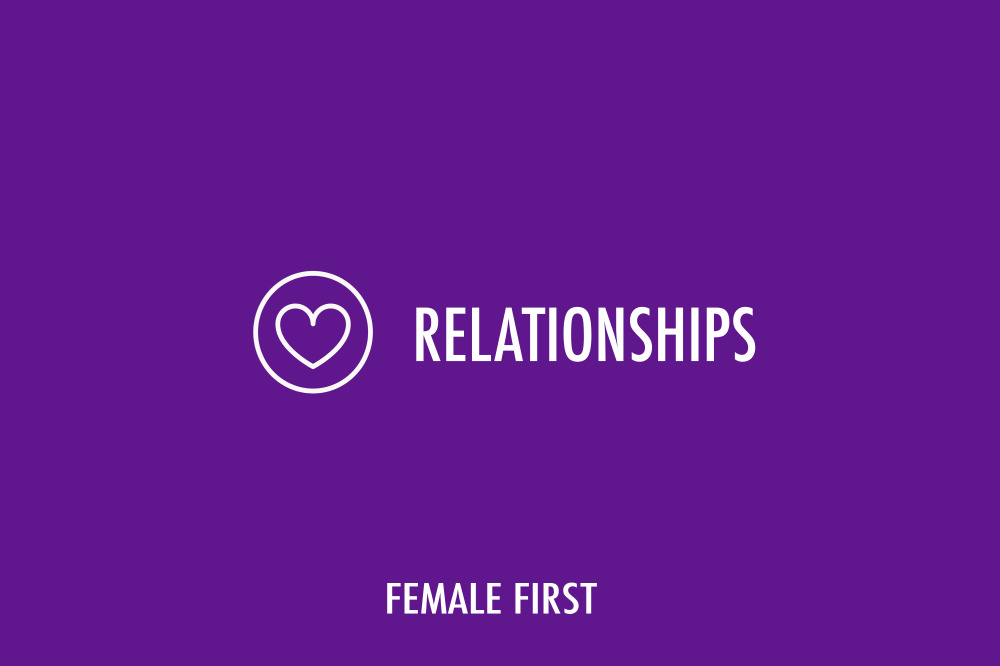More than 21,000 women in the UK are diagnosed each year with a gynaecological cancer, which equates to 58 diagnoses each day.

Relationships on Female First
Yet research conducted by leading women’s cancer charity, The Eve Appeal, has shown that awareness levels among both women and men are startlingly low.
That’s why, particularly during Gynae Cancer Awareness Month in September, The Eve Appeal is highlighting the issue, urging both men and women to be more aware of the signs and symptoms of gynaecological cancer.
The charity is calling for men to support and encourage their partners to see their GP or other healthcare professional if they are concerned.
The Eve Appeal’s Specialist Gynaecological Cancer Information Nurse, Tracie Miles, has some suggestions to help anyone who may be concerned about their loved one...
Attend their GP visits with them for re-assurance, if nothing else
Going to the doctors for an examination / confirmation of test results which may indicate a gynae cancer can be extremely worrying for your loved one. Therefore, by you being there by their side, you offer emotional support, and ask any questions which you may have discussed prior to the appointment, if she forgets!
So be prepared with a list of questions
It is helpful to have a number of questions written down during consultations, just so that you can ensure that both you and your loved one will have all the information you may need at that given time. For example, you could ask which doctor the referral is being sent to and what the doctor thinks the problem is as well as what to anticipate at your consultation or whether you need more tests / examinations.
Being another pair of ears during consultations
If a cancer diagnosis is confirmed, it is likely that this will come as a shock to both you and your partner or friend –it’s important that you’re there for them so that you too can hear first-hand the information the consultant / GP is giving to them. This is likely to be a very difficult time, and as such information given at the time may come all in a bit of a blur and can easily be forgotten, so it may be useful to take notes so that you’ve both got something to reflect back on, after the consultation has finished.
Be aware of the key contacts involved in your loved one’s care
If your partner is referred to a consultant gynaecologist as a potential cancer diagnosis, they should be put in contact with a key worker or Clinical Nurse Specialist – ensure you’re aware who he / she is, as they can help keep you and your loved one up to date with progress of scan bookings, explain what to expect and organise getting you results in a timely fashion. This can all come as a relief at what can be a highly emotional and stressful time in both your lives.
Keep a record of consultation notes
At hospital appointments it is a good idea to ask for a copy of the consultation letter that is sent to the GP, as this is not always standard practice. Although the letters are full of medical terminology, it is useful to have the letter to remind you and your loved one of what has been said and is planned for them in terms of next steps / treatment.
Make sure you’re aware of your next appointment
Before you leave a consultation with your partner, always ask how/when they are expected to attend their next appointment. Hospitals are huge organisations, and with the best will in the world, letters and appointment notices may not make their way to you in time.
Accept the help of family and friends, so that you and your loved one can solely focus on their next steps
If your loved one is diagnosed with a gynae cancer, it can be a bewildering and frightening time. In preparation for treatment which may take the form of surgery, chemo or radiotherapy (or a combination), it is always a good idea to take up offers of help from friends and family (who can often feel helpless /wanting to support you) – but are not sure what to do. This can take the form of washing, ironing, cooking, shopping or even driving your loved one to appointments if you can’t make them – it just provides that reassurance and means you can both solely focus on the care of your loved one.
Talking to others who’ve experienced a similar situation or a confidential specialist information line can be a real help to the both of you
Talking with others who have either already gone through or are going through the same experience as you can be a real support – as you’ll both likely have questions which you don’t feel that you could ask the consultant. There will always be times where you’re not sure what happens next, and talking to someone who has been through this could be a real benefit. It gives you a sense that you’re not alone in this, and that other people have been through the same can be comforting.
If you have any concerns or questions about gynae cancers, please contact The Eve Appeal’s confidential specialist information service - Ask Eve on freephone 0808 8020 019 or email [email protected]
tagged in Cancer
